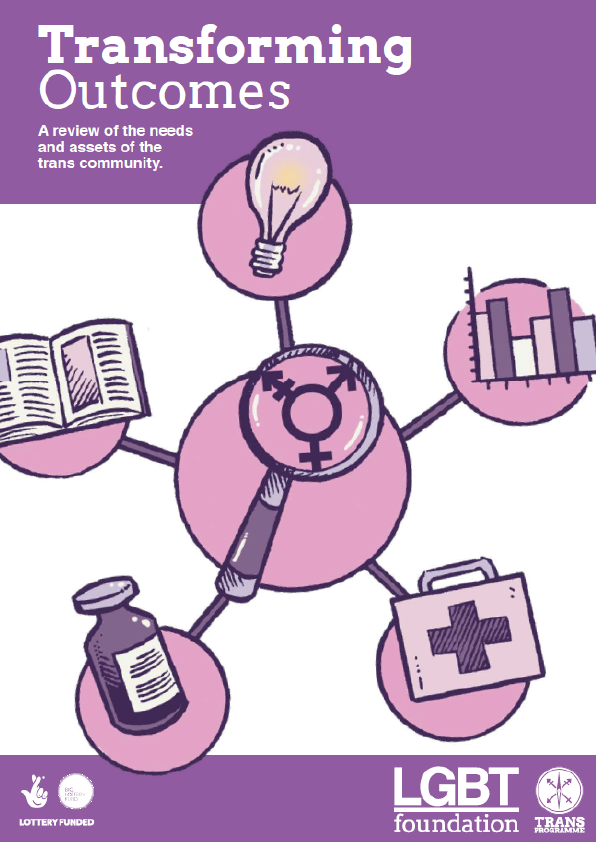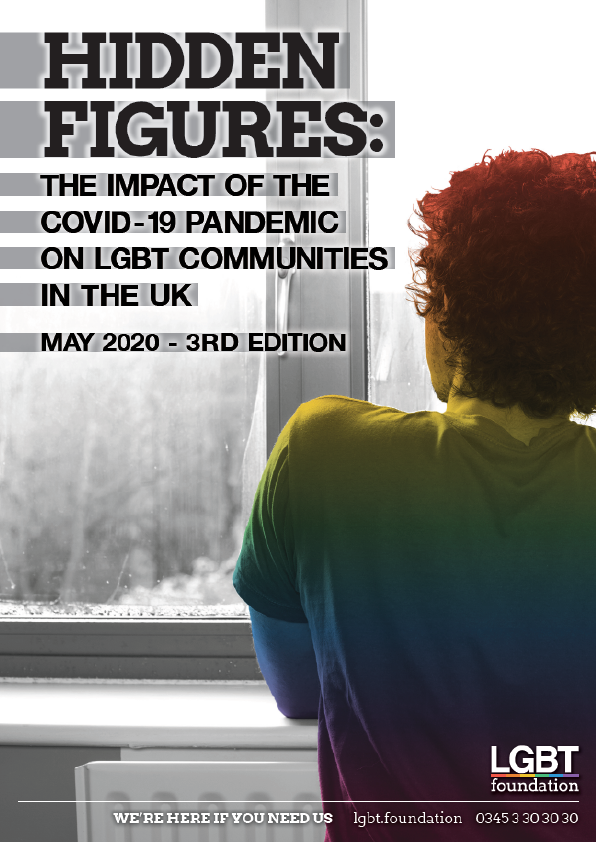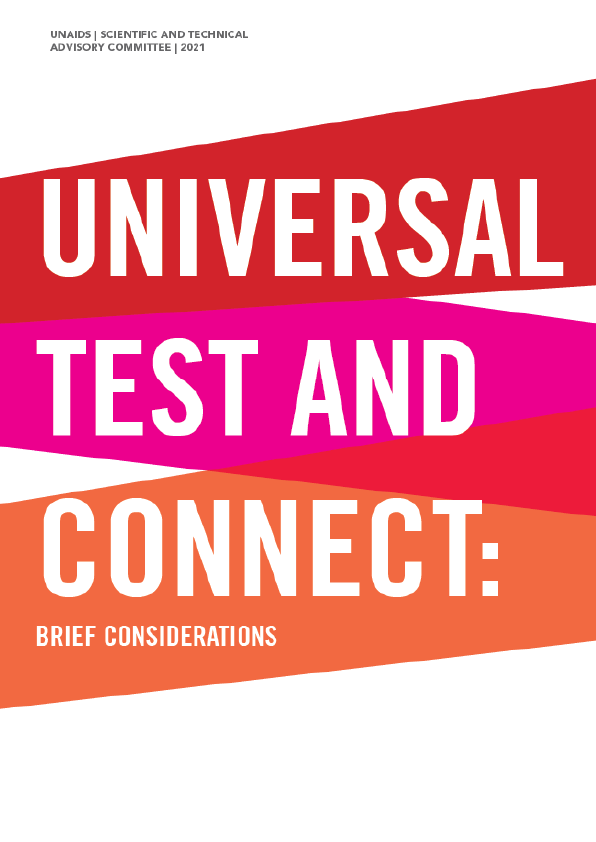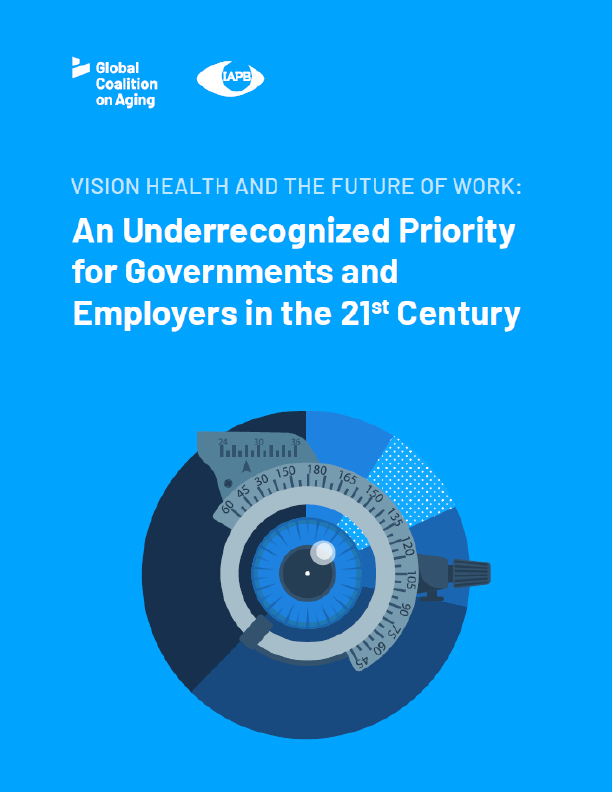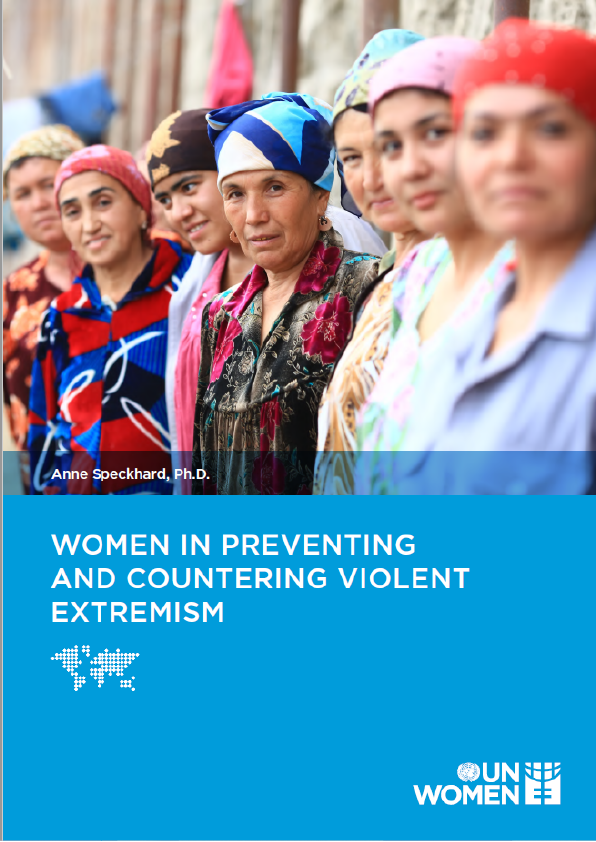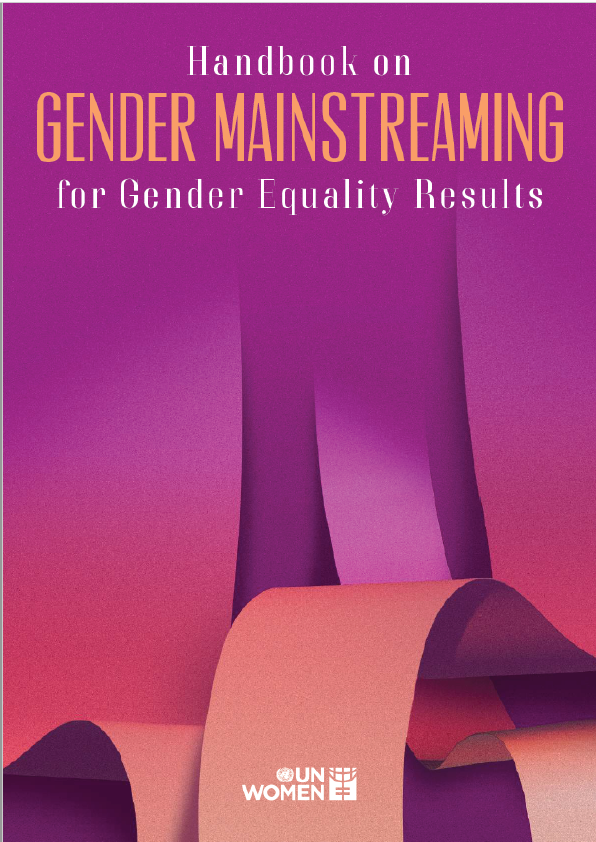In Latin America and the Caribbean, 1831 women died at the hands of men in 2016, and three out of ten women have suffered male violence during their lives. Gender inequality is the social phenomenon in which men and women are not treated equally. In recent years, countries in the region have made significant progress in tackling the problem by adopting national laws to protect women. Today, 16 Latin American and Caribbean countries have laws in place punishing violence against women, and 15 have incorporated feminicide/femicide as a specific crime.
This legislative progress is a significant step forward. But gaps in implementation allow a culture of impunity for men who commit violence against women and girls. Without adequate financing and effective means to prevent, report and punish violence against women, the problem will not go away.
Male violence must be prevented and eradicated. To do this, one of the main challenges is to change the harmful belief systems and gender norms that are used to justify violence against women. It also means recognizing that beliefs and behaviours built on a patriarchal system that is also sexist and racist are part of the structural causes of inequality that feed violence against women.
This report provides insights into the prevalence of belief systems and gender norms among young women and men in the region. It looks in depth at the most entrenched beliefs and behaviours among the younger population and provides ample evidence that we must challenge and change the prevailing belief systems and gender norms if we are to make real progress in guaranteeing the right of all women and girls to a life free from violence.
The results of our research are alarming. In our sample across eight countries, 56 percent of men and 48 percent of women aged 20–25 know a female friend who has endured male violence in the past 12 months – a clear indication that this problem is rife. Moreover, six out of ten young people believe that women do not escape violent relationships because the man threatens to kill them. Five out of ten women consider that violence against women is normal.
SO, IS IT Normal?
The perception that male violence against women is normal is one of the key problems in tackling the issue. The normalization of violence pervades our discourse, our conversations, the way we relate to others, and also the sources of mass knowledge and public policies. This normalization is fuelled by beliefs and behaviours that are deeply engrained, not only among young people in their families and social circles, but also within public institutions – beliefs and behaviours that are reinforced through daily practices.
Male violence has become normalized to the extent that 86 percent of young women and men in the region would not interfere if a male friend hit their female partner, and 25 percent consider that their friends would not do anything if an assault occurs in a public space such as the street, a park or a disco. The situation in Nicaragua is alarming, with four out of ten young men reporting that they know a friend who hits his female partner. In the Dominican Republic, three out of ten young people state that their male friends hit their female partner.
Although 84 percent of young women and men believe that violence against women is a product of inequalities, they believe that solving the problem is not up to them. Two-thirds (67 percent) believe that the state should be responsible for reducing the consequences of male violence.
Women get used to being beaten and defend their aggressors… So it is best not to get involved.’ (Man, focus group, Bolivia).
This indifference in the face of violence is all the more worrying if we consider that almost 62 percent of young men (15 to 19) in the region justify sexual violence due to men having drunk too much alcohol, while 72 percent blame women because of the clothes they wear.
As for sexuality, there is also a highly normalized belief system regarding pleasure and sexual desire, with 87 percent of young men and women aged 15–25 believing that men have greater sexual desire than women. This portrays women as incapable of feeling either desire or pleasure, and firmly establishes their enjoyment as secondary to a man’s desires.
Moreover, a very high percentage of young people also deny women’s right to make decisions about their own bodies: 72 percent of young people aged 15–25. Likewise, 77 percent of young women and men agree that all women should be mothers. In Bolivia, for example, we found that 61 percent of men aged 20–25 believe that when a mother works outside the home, the children suffer abandonment.
I think every woman is a mother, even if she doesn’t have any children.’ (Woman, focus group, Cuba).






